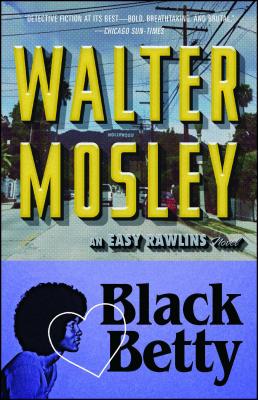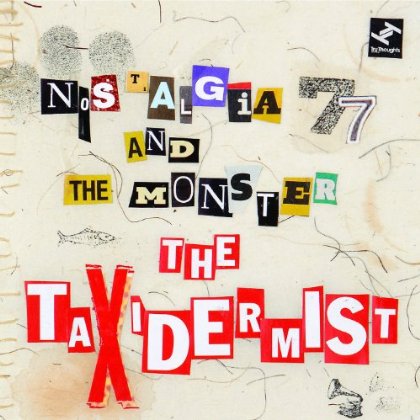
description
osing everything--until he gets an offer from the FBI that he has no choice but to accept. For most Black Americans, the 1960s were times of hope. For former P.I. Easy Rawlins, Los Angeles's mean streets were never meaner--or more deadly. Racial tensions are high--Black folks avoid even stepping foot in white neighborhoods. Despite the ongoing civil rights movement, racism still rules the streets and police officers are no exception. So when a white man approaches Easy with a wad of cash to find a missing person, Easy would is tempted to simply throw the money back in his sleazy face. But he personally knows the woman the white man wants to find--the notorious Black Betty, an ebony siren whose talent for all things rich and male took her from Houston's Fifth Ward to Beverly Hills. Short on money and pulled by the strong desire to see Black Betty again, he accepts the job. But why exactly this white man wants to find her isn't clear. Easy's questions aren't being answers and he realizes the case might be more complex than he thought. Easy won't stop at anything to find Black Betty. Even as the obstacles grow higher and the bodies begin to pile up.
member goods
No member items were found under this heading.
Return Policy
All sales are final
Shipping
No special shipping considerations available.
Shipping fees determined at checkout.







